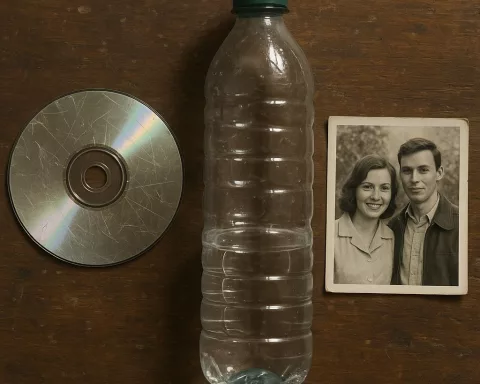The South African government has taken a significant step towards improving the rights and benefits of domestic workers by including them in the Compensation for Occupational Injuries and Diseases Act 130 of 1993 (COIDA). Previously, section 1(xix)(v) of the Act did not cover domestic workers. However, in 2020, the Constitutional Court ruled that this was invalid, and domestic workers were included retroactively from April 27, 1994.
Jan Madiega’s Remarks on Amendments to the COID Act
During the Compensation Fund Roundtable Stakeholder Engagement session in Polokwane, Limpopo Province, Jan Madiega spoke about the amendments to the COID Act. Madiega urged stakeholders to inform friends and family members who have been injured or have contracted occupational diseases since April 27, 1994, to claim their rightful benefits. He also encouraged employers to submit all relevant claims to the Fund without prejudice.
Obligations for Employers of Private Domestic Workers
Employers of private domestic workers are obligated to register with the Compensation Fund, submit Returns of Earnings (ROE), and make payments. The Fund will accept claim liability for prior years, although the commencement date is November 19, 2020.
Penalties for Non-Compliance with the COID Act
Amendments in the COID Act 10 of 2022 state that failing to register employees, pay, and submit ROEs within a reasonable timeframe will result in a 10% penalty of actual or estimated annual earnings. Employers who fail to pay the penalty or installment are liable for an additional 10% penalty of actual or estimated annual earnings. The amended Act empowers the Commissioner to appoint inspectors to enforce compliance.
Enforcement of Compliance
Inspectors, provided with a signed certificate, have the authority to enter homes or workplaces with the owner’s consent. The Labour Court may authorize entry upon an inspector’s application, and if practicable, the employer must be notified of the inspection and the reason for it.
Importance of Amendments to the COID Act
Compensation Fund Legal Services representative Irish Lephoto emphasized the importance of the Act’s amendments, stating that they will affect everyone and change business practices. Lephoto stressed that all workers have a right to social security, and the inclusion of domestic workers in the Act is crucial to enforcing compliance.
Compensation for Occupational Injuries and Diseases
The Compensation Fund, established under section 15 of the amended Act, aims to provide compensation for disablement resulting from occupational injuries or diseases sustained or contracted by employees, or for death resulting from such injuries or diseases.
The inclusion of domestic workers in the COID Act marks a significant milestone in the recognition and protection of their rights in South Africa. The government’s efforts to enforce employer compliance signal the nation’s commitment to creating a just and equitable labor environment for all workers.








